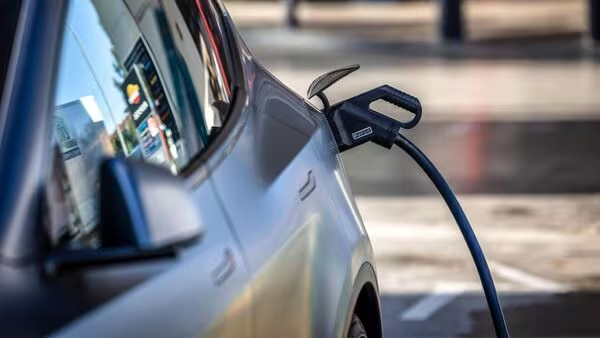Auto & Transportation
Automakers request a review of the emergency braking rule from a US body.


By Kajal Sharma - 25 Jun 2024 02:52 PM
June 24, Washington, DC (Reuters) - The National Highway Traffic Safety Administration was urged to reevaluate the April rule mandating nearly all new vehicles and trucks to have enhanced automatic emergency braking systems by 2029 by a group representing major automakers.Nearly all other automakers, along with the Alliance for Automotive Innovation, which represents General Motors (GM.N), Toyota Motor (7203.T), and Volkswagen (VOWG_p.DE), have stated that the April requirement, which stipulates that all cars and trucks must be able to stop and avoid striking vehicles in front of them at up to 62 miles per hour, is "practically impossible with available technology."Automatic emergency braking (AEB) systems use cameras and radar to detect when a vehicle is close to crashing and then automatically apply brakes if the driver has not applied the brakes. Congress directed NHTSA to create a rule to establish minimum performance standards for AEB systems in the 2021 infrastructure law.According to the group, cars will "automatically apply the brakes far in advance of what a typical driver and others on the road would expect" as a result of the NHTSA's strict criteria at greater driving speeds, which could lead to rear-end collisions. Also, it said that NHTSA "vastly underestimated the amount of expensive hardware and software changes that automobiles would need to comply with.
According to the auto group's CEO John Bozzella, the agency rejected automakers' concerns and the regulation "points to the breakdown of a deliberative rulemaking process at the country’s top traffic safety watchdog." "NHTSA’s action will require more costly systems that won’t improve driver or pedestrian safety," Bozzella wrote in a letter to Congress. One of the most comprehensive auto safety laws passed in the United States in recent memory is the mandate. Safety advocates claimed that the current systems were not operating well, particularly at night. They claim the new regulations are necessary to guarantee fewer collisions.
























